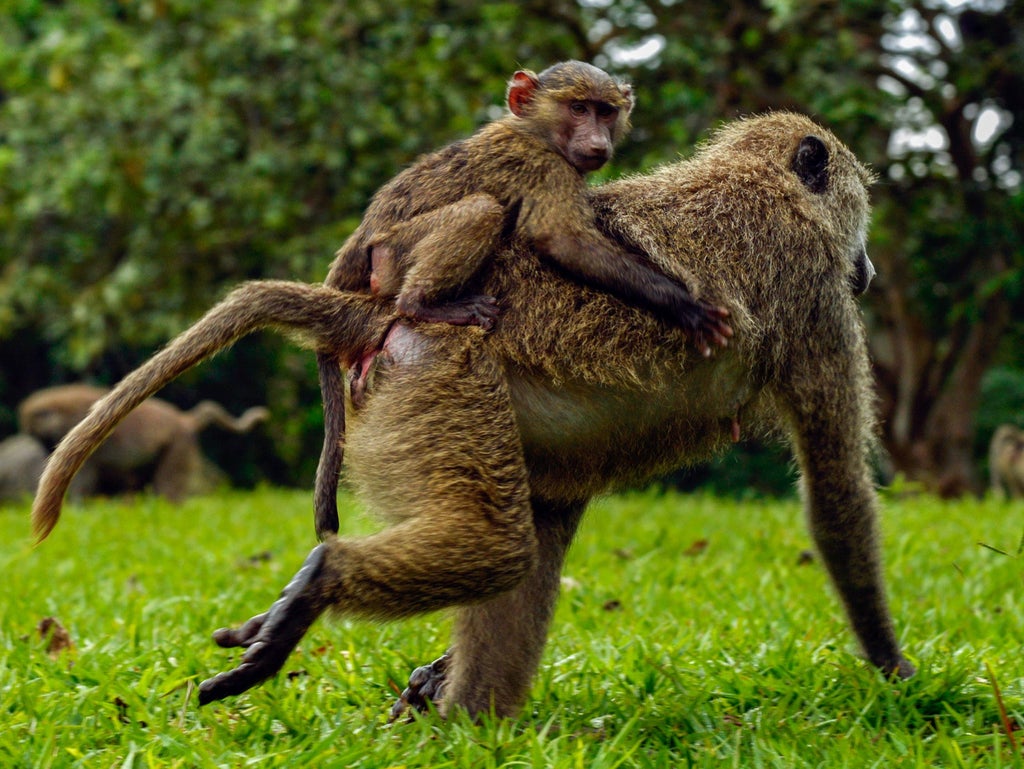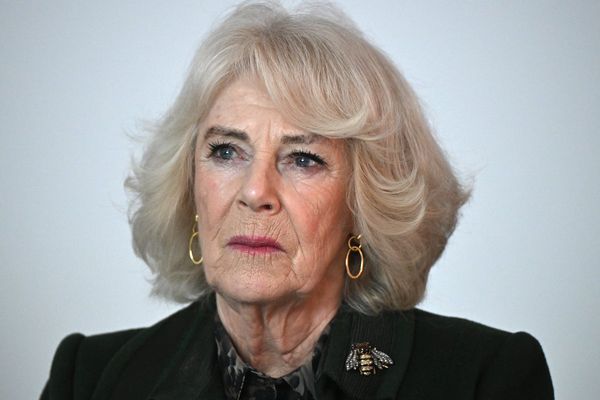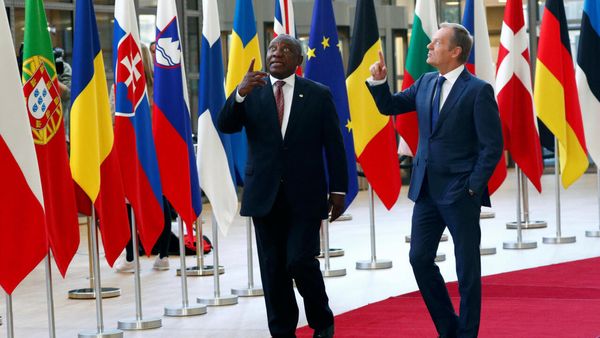
An estimated 10,000 wild meat dishes are sold in restaurants every day in just two central African cities in a trade that is rapidly emptying the continent’s forests of its wildlife, researchers say.
Species including monkeys and porcupines are among the most popular types customers asked for in Brazzaville, the capital of the Republic of Congo, and Kinshasa, the capital of the Democratic Republic of the Congo.
The authors of the new study say the level of wildlife poaching to supply urban centres “has had significant ecological consequences”, with extinctions now widespread across the Congo Basin’s forests.
And they warn that the wild meat trade poses a zoonotic disease risk as pathogens are transported into populous cities where disease spillover and spread “could have disastrous effects”.
The scientists surveyed 326 restaurants in Brazzaville and Kinshasa, the adjoining capital cities separated only by the Congo River, which together make up an urban agglomeration is now considered to be the largest on the African continent.
Previous studies have found that most wild meat consumed in large cities is prepared and eaten at home, but almost a quarter of all restaurants in Brazzaville and Kinshasa were found overtly selling illegally caught wild meat.
They ranged from open-air street stalls with wooden benches to expensive restaurants in international hotels.
After interviews with restaurant owners, chefs and waiters, they estimated that 1,403 wild meat dishes are sold in Brazzaville restaurants each day and 8,592 in Kinshasa – a total of 9,995.
“Primates are in particularly high demand in Kinshasa, which is a concern given their vulnerability to overhunting,” the authors wrote.
“The amount of illegally procured wild meat passing through restaurants is significant and its overt sale continues to reinforce the social norm around eating wild meat.”

The authors, including Stephan M Funk of Manchester University, said most customers asked for “wild meat” in general, but when they did specify a species they wanted to eat, the most popular in Brazzaville were red duiker (forest antelope), porcupine, blue duiker and rodents.
In Kinshasa, diners asked for monkey, red duiker and wild pig more than any others.
The UK government-funded study, published in the African Journal of Ecology, found most wild meat-selling restaurants were informal establishments owned by women, but the number of restaurants dependent on wild-meat sales was low and it was not “considered to be central to the viability of the business”.
Most restaurateurs said they sold wild-animal meat because it was in high demand and offered good profit margins.
Other reasons included “helping to maintain Congolese culture, being able to offer an organic option and to diversify the menu”, the researchers said.
Only three respondents out of the 326 said their restaurant did not sell wild meat because doing so was illegal.
In central African cities, wild meat can be bought fresh or smoked at markets, or from private individual traders.
“Deeper insights alongside respectful negotiation is ultimately the pathway forward for designing collaborative and innovative strategies for behaviour change in the wild meat sector,” the study concludes.
The Wildlife Conservation Society, based at New York’s Bronx Zoo said: “Hunting and trade of wild meat is having a huge yet unrecognised impact on biodiversity loss, and current strategies to manage it are not working. Decision-makers need to consider wild meat hunting and trade as an issue for global sustainability alongside deforestation, fisheries management, and others. This means establishing effective monitoring and intervention strategies at a local and global scale.”








